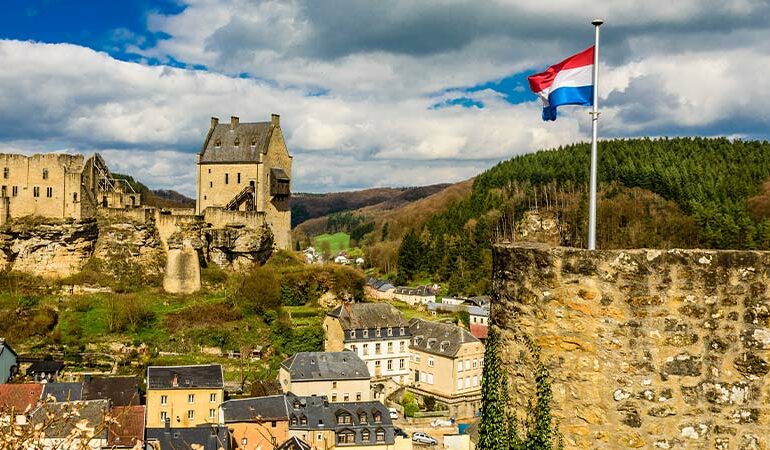de Salvatore Serra
Su lussemburghesu (Lëtzebuergeschⓘ; in tedescu: Luxemburgisch; in frantzesu: luxembourgeois) est un’ idioma germànicu otzidentale chi si faeddat in Lussemburgu. L’ant adotadu comente idioma ufitziale de s’ Istadu in su 1984, e lu faeddat su 66 % de sa populatzione (su 52 % sunt nativos e su 14 % l’at imparadu comente segunda limba). Lu chistionant finas in zonas minores de Bèlgiu, Frantza y Germània, sena contare unos cantos discendentes de inmigrantes lussemburghesos, mescamente in sos Istados Unidos e Transilvània (Romania). B’at unos 300.000 faeddadores de lussemburghesu ispartos in totu su mundu.
Su lussemburghesu est in Google Translate.
Ite est Google Translate? Est una aina de tradutzione linguìstica proposta a in donu dae Google. Cunsentit a sos chi l’impitant de traduire paràulas, frases, testos e pàginas web intreas intre limbas diferentes. Google Translate impreat tecnologias avantzadas de elaboratzione de su limbàgiu naturale, comente s’imparòngiu automàticu e sas retzas neurales, pro dare tradutziones semper prus cuidadosas. Est disponìbile siat comente versione pro navigadore siat comente aplicatzione, e custu nde faghet un’istrumentu fàtzile a lu lograre e cumbeniosu pro sas pessones de totu su mundu.
Ma bidimus, a titulu de curiosidade, unu testu bortadu dae s’inglesu a su lussemburghesu:
– Luxembourg,[a] officially the Grand Duchy of Luxembourg,[b] is a landlocked country in Western Europe. It is bordered by Belgium to the west and north, Germany to the east, and France on the south. Its capital and most populous city, Luxembourg City,[10] is one of the four institutional seats of the European Union[c] and hosts several EU institutions, notably the Court of Justice of the European Union, the highest judicial authority in the EU.[11][12]
As part of the Low Countries, Luxembourg has close historic, political, and cultural ties to Belgium and the Netherlands. Luxembourg’s culture, people, and languages are greatly influenced by France and Germany: Luxembourgish, a Germanic language, is the only recognized national language of the Luxembourgish people and of the Grand Duchy of Luxembourg;[13][14] French is the sole language for legislation; and both languages along with German are used for administrative matters.[13]
…………………………………………………………………………………………………………………………………………………………..
– Lëtzebuerg,[a] offiziell Groussherzogtum Lëtzebuerg,[b] ass e Land a Westeuropa, dat net u Land zougelooss ass. Et grenzt u Belsch am Westen an Norden, Däitschland am Osten a Frankräich am Süden. Seng Haaptstad a bevëlkerungsräichst Stad, d’Stad Lëtzebuerg,[10] ass ee vun de véier institutionelle Sëtzer vun der Europäescher Unioun[c] a beherbergt verschidde EU-Institutiounen, virun allem de Geriichtshaff vun der Europäescher Unioun, déi héchst geriichtlech Autoritéit an der EU.[11][12] Als Deel vun den Nidderlanden huet Lëtzebuerg enk historesch, politesch a kulturell Verbindungen zu Belsch an den Nidderlanden. D’Kultur, d’Leit an d’Sprooche vu Lëtzebuerg si staark vu Frankräich an Däitschland beaflosst: Lëtzebuergesch, eng germanesch Sprooch, ass déi eenzeg unerkannt Nationalsprooch vum Lëtzebuerger Vollek a vum Groussherzogtum Lëtzebuerg;[13][14] Franséisch ass déi eenzeg Sprooch fir d’Gesetzgebung; an zwou Sprooche ginn zesumme mat Däitsch fir administrativ Ugeleeënheeten benotzt.[13]
Leave a comment




Há projetos para colocar o sardo também no google
tradutor?